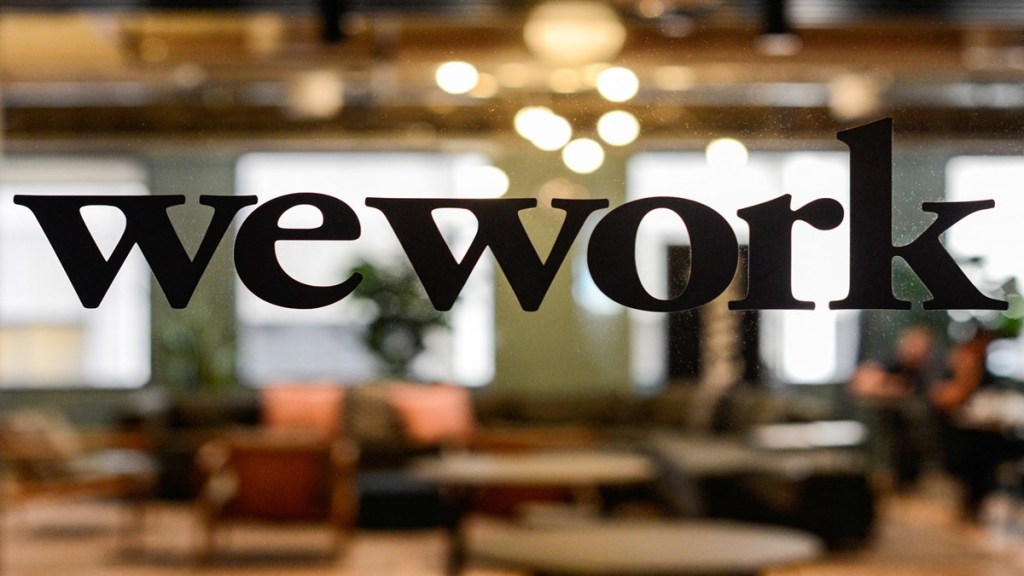Global co-working player WeWork filed for bankruptcy in US last week as it battled expensive leases and hybrid work models of companies. Chief Executive Karan Virwani of WeWork India tells Raghavendra Kamath the Indian outfit would not be affected by events overseas and would continue to work independently.
Do you think the bankruptcy of your parent will impact your brand here?
WeWork India operates independently of WeWork Global, and our operations will not be affected in any manner.We will continue to hold the rights to use the brand name as part of the operating agreement, while serving our members, landlords, and partners as usual. WeWork India is backed by majority stakeholder Embassy Group, which is committed to investing in the future of our business.
For how long do you have the rights to use the brand?
WeWork India will maintain its operation and continue using the ‘WeWork’ brand name as per our existing brand agreement. The brand agreement for WeWork India is with a WeWork UK entity, not with the WeWork US entities that are undergoing restructuring. As a result, we do not anticipate any disruption or impediment to WeWork India’s ability to use the brand name and conduct its operations.
Reports say the Embassy group is in talks to buy 27% in WeWork India…
We don’t have a comment on that.
How have revenues and profits grown in Q2FY24? What do you expect in FY24?
Revenues in the April-September period were Rs 831 crore, up 40% y-o-y while EBITDA was Rs 532 crore, up 90% y-o-y. In Q2 FY24, revenues were `426.1 crore, the highest in a quarter. We estimate revenues for FY24 of Rs 1,800 crore.
How are WFH and hybrid work models impacting the business?
Since the pandemic, there has been a 20% increase in WeWork India’s enterprise desk occupancy. We have seen average prices going up by 10% annually to Rs 20,000 per seat at our centre, with average occupancy of 82%. This is indicative of a larger shift in the way businesses operate, with a growing preference for workspaces that maximise creativity, productivity, and collaboration. We are confident this trend will likely see an upward trajectory in the coming years.
Can you share your expansion plans and capex for the rest of FY24 and FY25?
We plan to add over 20,000 desks and roughly 1.5 million square feet to 2 million square feet annually. Over the next year, we aim to increase our capacity to 8 million sq ft and 100,000 desks. With digital products growing by 46.5% from Q1 to Q2 this year, we plan to scale them in the coming months further.
How much has been leased by WeWork India in FY24 so far?
In India, we’ve leased 6.5 million sq ft and expanded our capacity by nearly 18,000 desks since last year, amounting to over 90,000 desks at present. We recently entered a new market – New Delhi, and launched Eldeco Centre, our 50th building. Overall, we have opened 8 new buildings this year with multiple landlords including K Raheja Corp, Prestige Group, and Panchshil Realty across 1 million sq. ft.
How are lease rentals behaving? And what is your outlook for them for CY24?
From a flex-space industry perspective, the first three quarters of 2023 witnessed the leasing of 38 million sq ft of office space across India’s top six cities. The market has become increasingly competitive and will continue to see rising demand across geographies. Large corporations and enterprises have become active adopters of the flexible workspace mode, and we expect this to continue. Our member composition today stands at 80% enterprises and 20% startups, freelancers and SME members.
